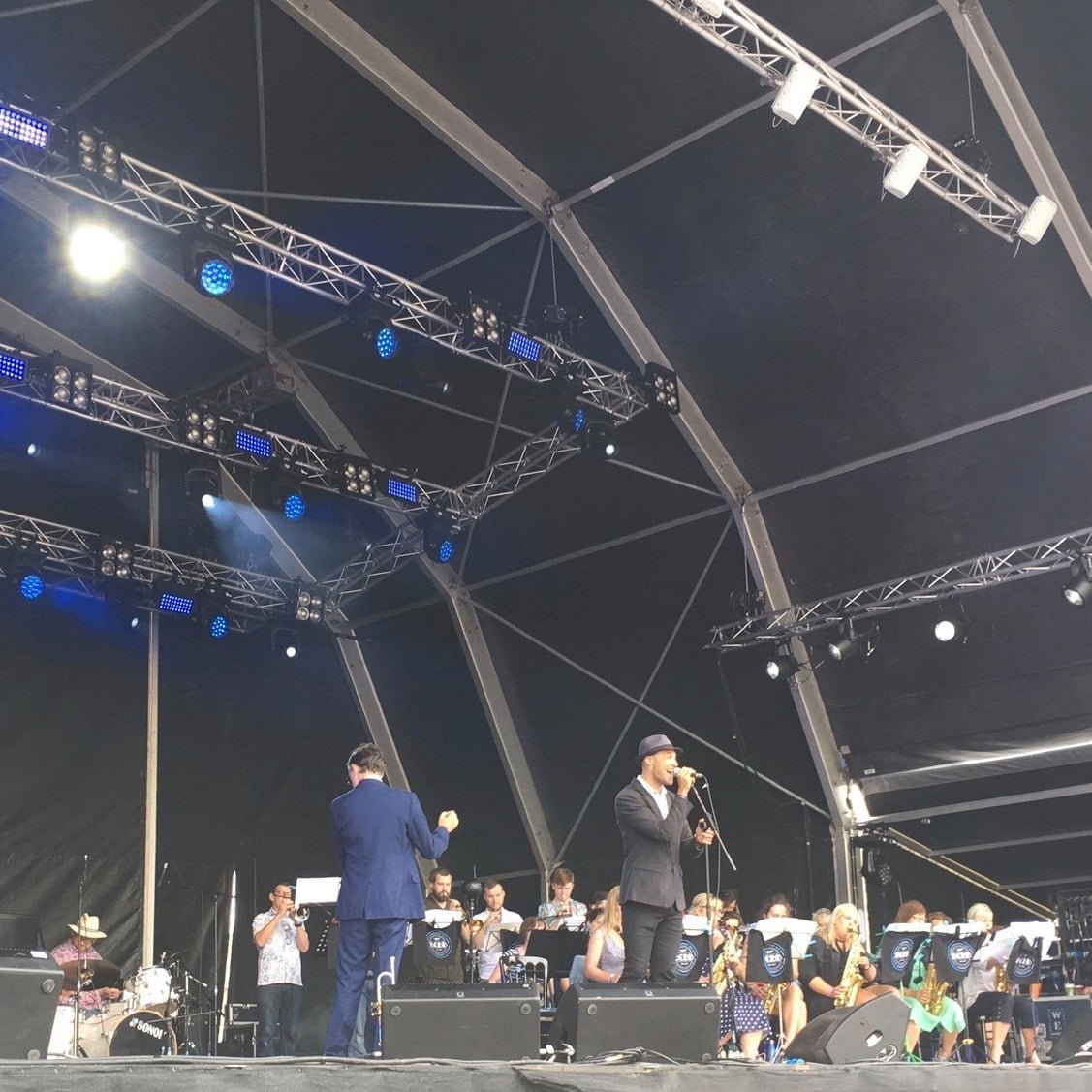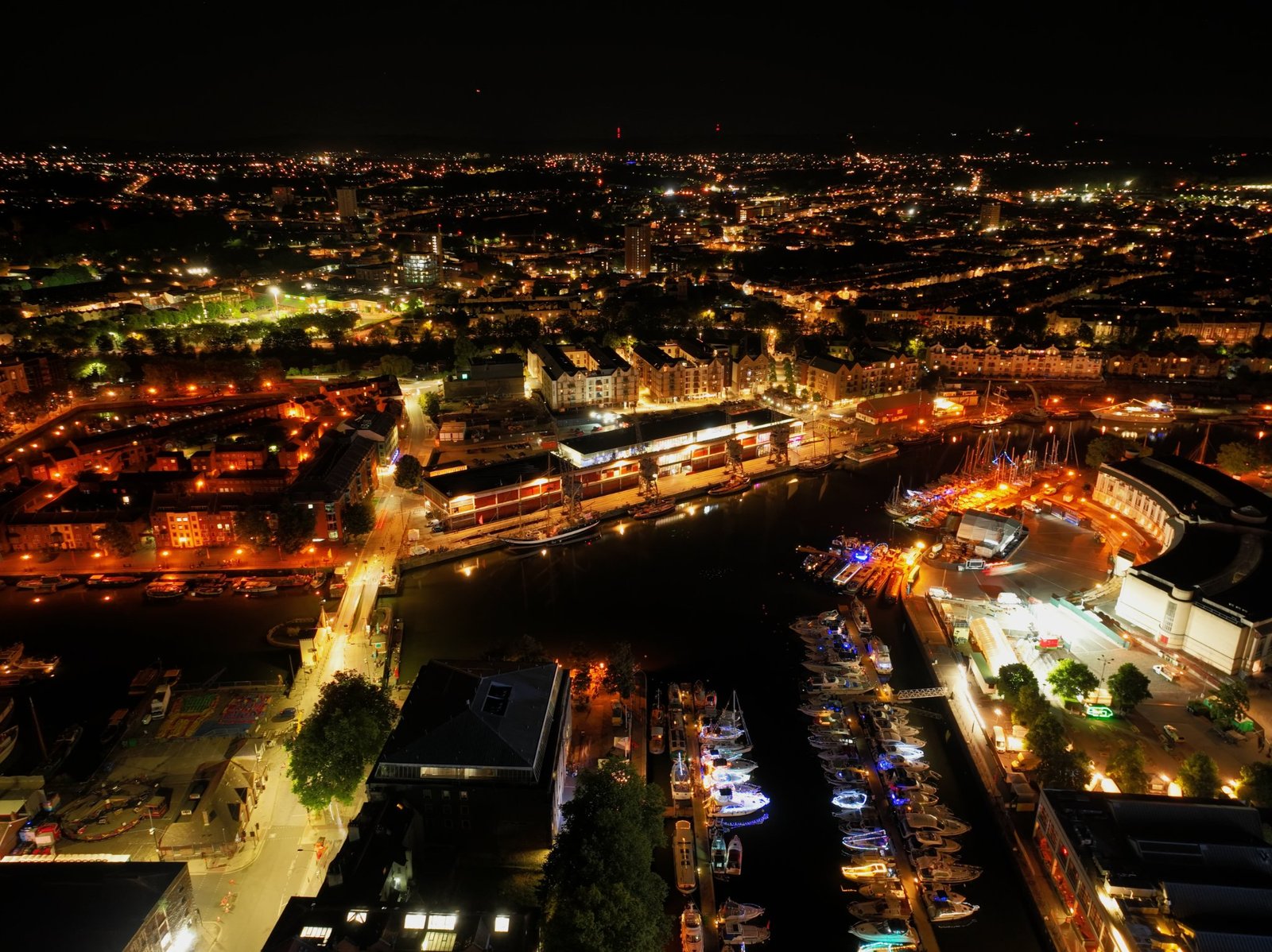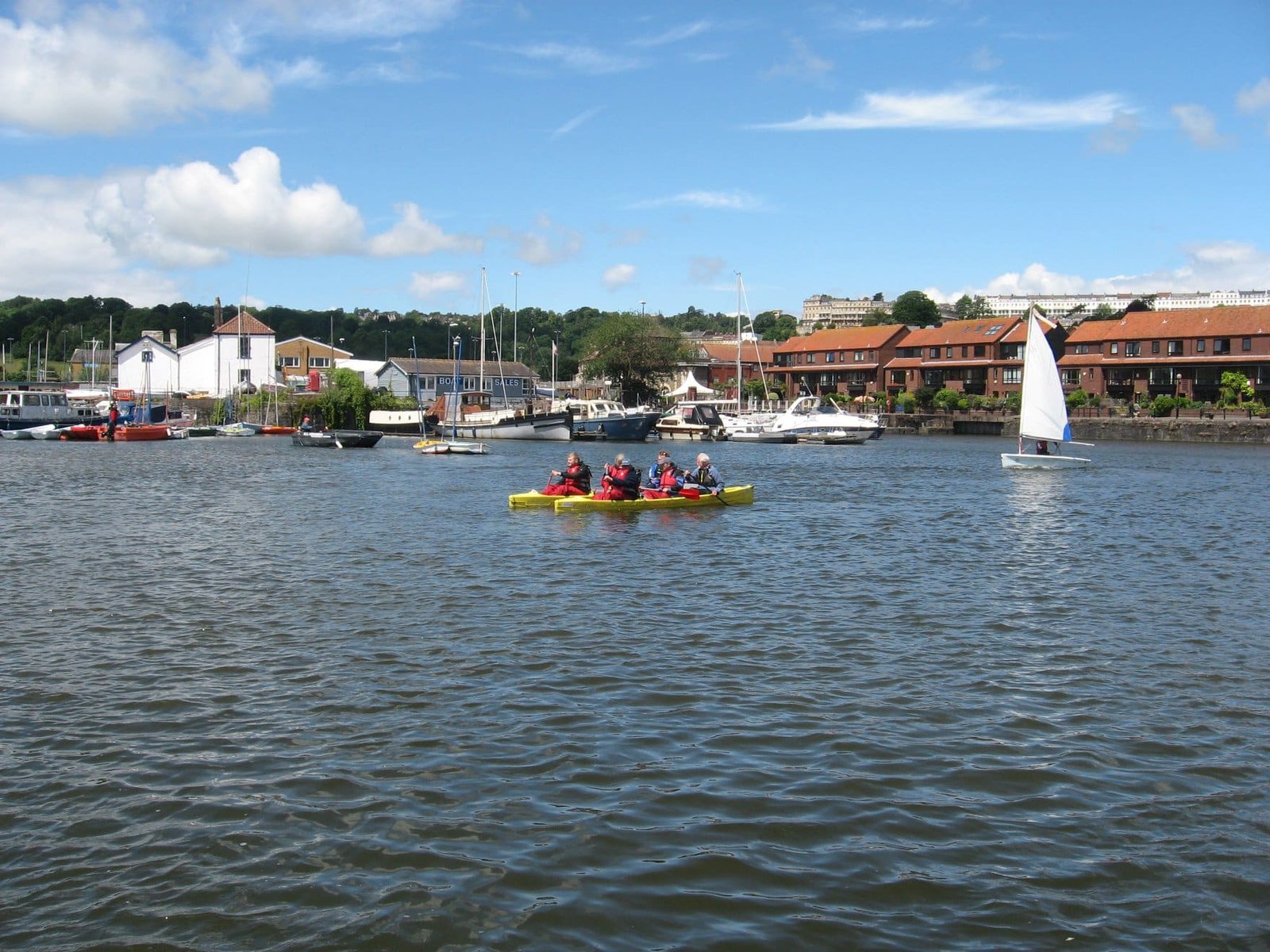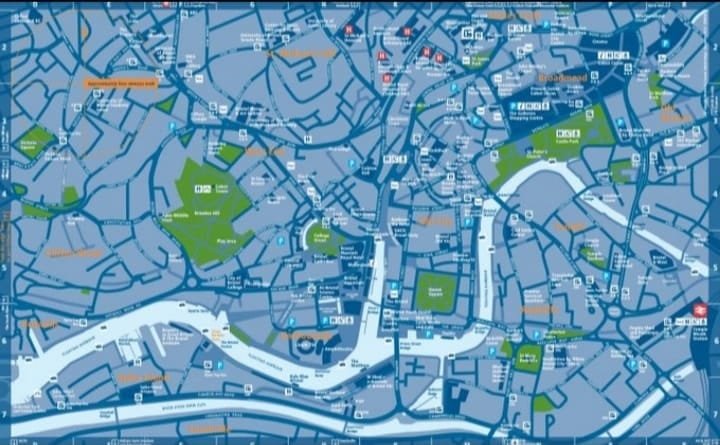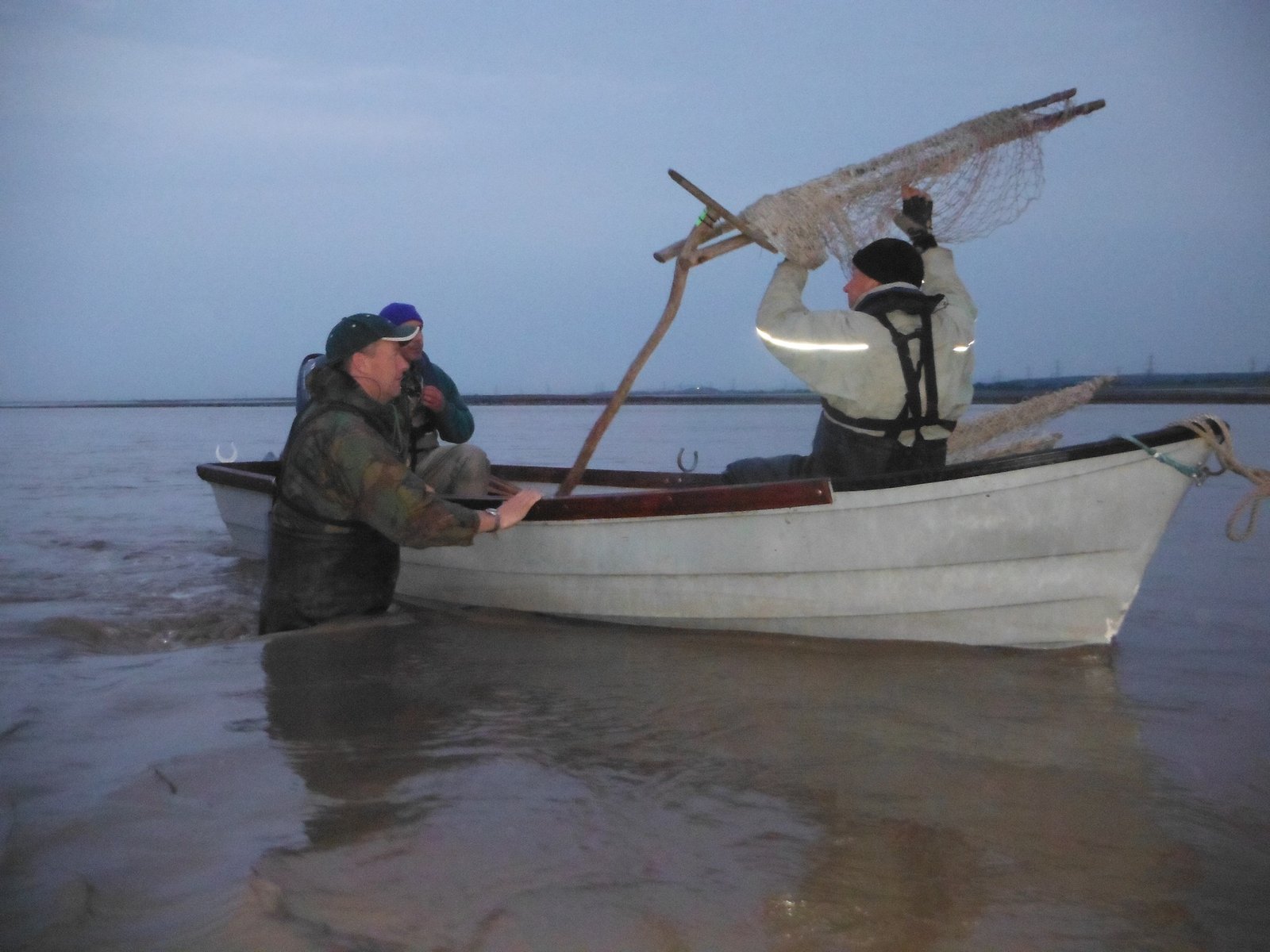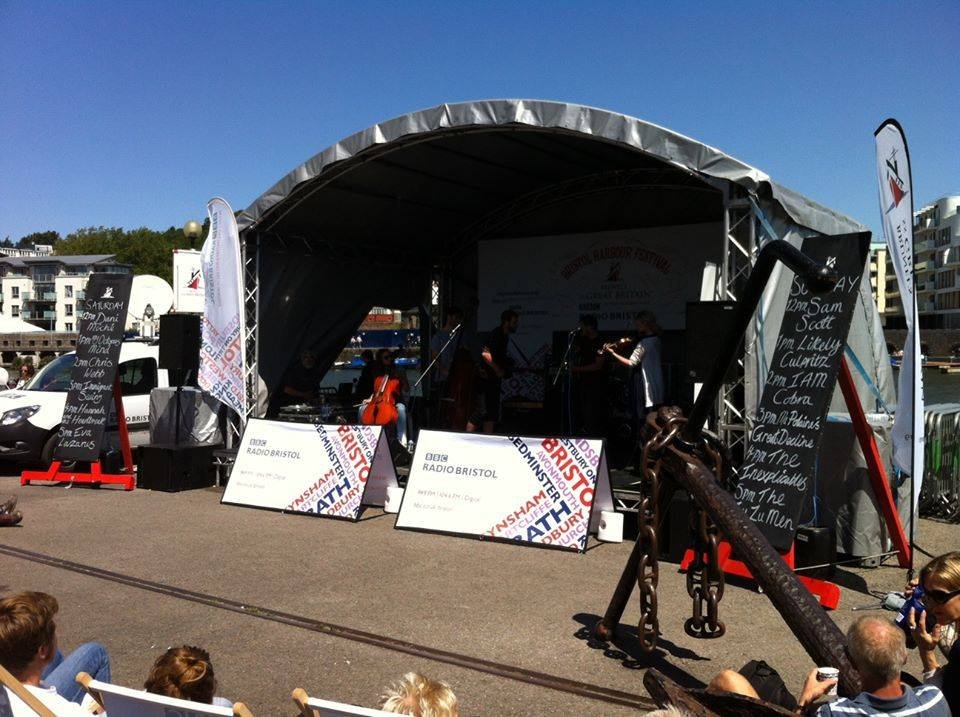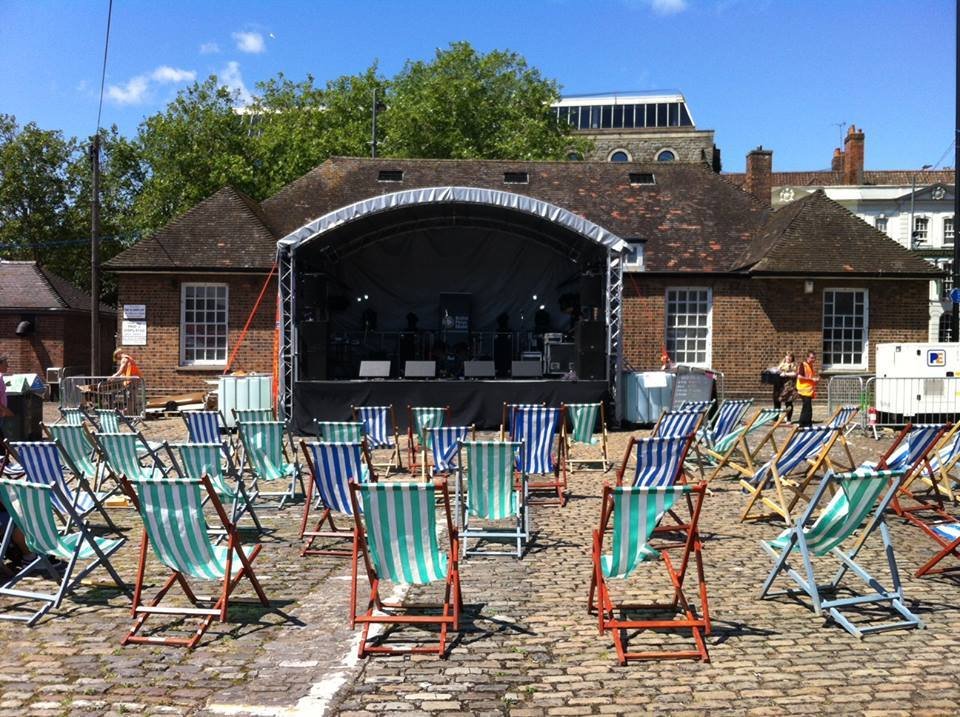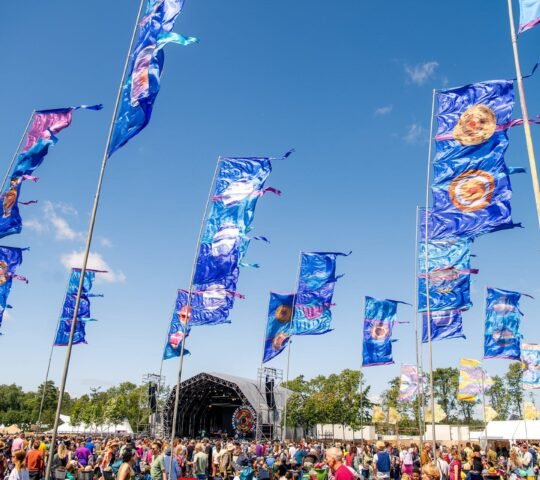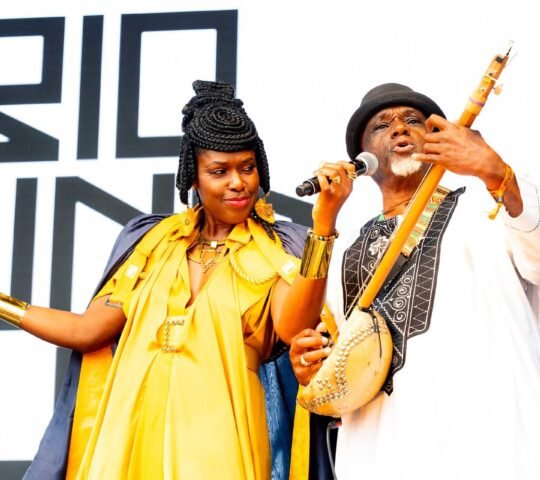Bristol Harbour Festival – UK 2026
Background & History
The Bristol Harbour Festival, a vibrant cornerstone of the city’s cultural calendar, originated in 1971 amid a fierce political battle to preserve Bristol’s historic floating harbour from impending closure and redevelopment by the Port of Bristol Authority. In the late 1960s, as the docks’ economic prominence faded due to shifting trade routes and containerization, local campaigners—including community groups, historians, and residents—rallied to safeguard the waterway’s legacy, which dates back to William Jessop’s innovative 1804 engineering feat that created a non-tidal basin for £530,000, transforming Bristol into a thriving transatlantic hub for sugar, tobacco, and, regrettably, the slave trade. The inaugural event, initially dubbed the “Water Festival,” was a strategic “weapon in their armoury,” featuring modest boat rallies, folk music, and street parades that drew 50,000 attendees, ultimately halting plans to dam the harbour and preserving its navigable status. This grassroots triumph not only saved a vital piece of industrial heritage but also ignited an annual tradition that evolved into a symbol of Bristol’s resilience, blending maritime pride with community activism.
Over the ensuing decades, the festival expanded dramatically, rebranding through names like the Bristol Regatta and Rally of Boats before settling on its current moniker, growing from a local affair to Europe’s largest free maritime celebration by the 1990s. A pivotal milestone came in 1996 with the hosting of the first International Festival of the Sea, which brought tall ships from across the globe—such as Dutch barques and French schooners—mooring along the harbourside and attracting international visitors, establishing a tradition of global seafaring spectacles that underscored Bristol’s abolitionist roots (home to figures like Thomas Clarkson) and its role in ending the transatlantic slave trade. The 2015 edition, aligning with Bristol’s designation as European Green Capital, marked a sustainability pivot, featuring eco-projections on the Lloyds Building, low-emission fireworks, and waste-reduction initiatives that earned the Greener Festival Award (Commended in 2024), reflecting the city’s shift toward environmental stewardship amid climate challenges. Economically, the festival injects £5-7 million annually into Bristol’s creative sector, supporting over 200 traders, 1,000 performers, and 300,000 visitors, while fostering job creation in hospitality and arts—boosting tourism by 15-20% during the weekend, per local BID reports.
In the 21st century, the festival has navigated modern hurdles, including COVID-19 cancellations in 2020-2021, during which it adapted with virtual streams, pop-up gigs, and community webinars on harbour history, before a triumphant 2022 return emphasizing inclusivity and digital engagement. Produced by Proud Events in partnership with Bristol City Centre BID, West of England Combined Authority, and Redcliffe & Temple BID, it now champions underrepresented voices through fringe programming and anti-exclusion policies, aligning with Bristol’s UNESCO City of Film status and its multicultural fabric shaped by Somali, Caribbean, and Polish diasporas. For 2026—marking the 55th edition—the festival aims to celebrate Bristol’s evolving identity, potentially incorporating tech innovations like drone light shows and blue carbon exhibits on harbour restoration, while honoring its mission to “showcase Bristol as an attractive place to live or visit.” This enduring event not only commemorates the harbour’s past pains and triumphs but also propels forward-looking dialogues on sustainability, equity, and urban renewal, making it a living testament to Bristol’s “rebellious, watery heart.”
Event Highlights
- Main activities or performances: The Harbour View Main Stage at Underfall Yard serves as the festival’s epicenter, hosting a diverse lineup of Bristol’s emerging artists and international headliners across genres like indie rock, electronic, folk, and reggae—drawing from past stars such as The Vaccines, IDLES, and local Afrobeat collectives, with sets from 1:00 PM to 10:00 PM daily. On-water spectacles include synchronized swimming by Cirque Bijou, high-wire stunts over the Avon Gorge, and paddleboard races involving up to 200 competitors, blending athletic prowess with historical reenactments of 19th-century regattas. The Bristol Rising Stage in Queen Square amplifies grassroots talent through open mics and DJ battles, while the Expression Stage at Millennium Square kicks off with a Friday Deaf Rave, evolving into indoor dance tents for global rhythms like salsa and highlife until midnight.
- Special traditions or features: Rooted in 1996’s International Festival of the Sea, the Grand Parade of Sail features 10-15 tall ships mooring for free public tours, complete with cannon salutes, piper processions, and maritime blessings—reviving Bristol’s clipper-era customs and tying into abolitionist narratives via onboard exhibits. The Fringe programme, open to community submissions via jotform.com/241703084618051, invites 100+ acts like street theatre, poetry slams, and flash mobs, fostering participation since the festival’s 1971 origins. Sustainability features include zero-waste pledges, solar-powered stages, and the Greener Festival-certified recycling hubs, with 2026 potentially adding electric boat demos; the VIP Experience offers premium lounges with rum tastings at Rick’s pop-up, supporting the free-access model through donations.
- Unique attractions for visitors: The Tall Ship zone at Prince’s Wharf allows climbs aboard historic vessels like Dutch barques, with interactive exhibits on Bristol’s slave-trade history and diaspora stories, educating 50,000+ annually per Merseyside Maritime Museum ties. Family zones at College Green host circus tents with aerial silks, clowning workshops, and puppet-making inspired by harbour folklore, while the Wellbeing Barge on the Upper Reaches offers free ceramic art sessions (e.g., Roses & Castles motifs from canal traditions) and quiet respite for neurodiverse attendees, open 10:00 AM–6:00 PM. The Maritime Market boasts 200+ stalls with fairtrade crafts, henna art from Somali vendors, and fusion street food, culminating in evening fireworks or low-emission drone shows over the Clifton Suspension Bridge, visible from 1-mile harbourside paths.
Date & Duration
- Dates: July 17 – July 19, 2026 (projected based on mid-July pattern; 2025: July 18-20, confirming annual weekend slot post-summer solstice for optimal weather and tourism).
- Duration: 3 days
- Daily Schedule: Friday: 6:00 PM–10:00 PM (launch with parades and evening gigs); Saturday: 11:00 AM–10:00 PM (peak programming with on-water events); Sunday: 11:00 AM–6:00 PM (family focus, closing ceremonies).
- Pre-event Milestones: Trader applications open January 2026; performer EOIs via jotform by March; full lineup spring 2026; volunteer sign-ups April; sustainability audits May for Greener Festival certification.
Venue / Location
- City: Bristol, United Kingdom
- Main venue: Bristol Harbourside, the UK’s only floating harbour since Jessop’s 1809 locks, spanning 2 miles from Hotwells to Temple Meads, centered on Underfall Yard—a Grade II-listed Victorian boatyard with superior acoustics for main stages.
- Notable areas: Queen Square (grassed, Bristol Rising Stage, dance tents, 0.53 miles from Millennium Square); Millennium Square (Expression Stage, Access Hub, indoor for weather resilience); College Green (family circus, fringe acts, 0.4 miles from Queen Square); Amphitheatre & Waterfront Walk (Harbour View Main Stage, viewing platform); Prince’s Wharf (tall ships, markets); Cathedral Walk (0.5 miles from Queen Square, quiet zones). Surfaces mix cobbles, grass, and hard-standing; steps/kerbs present—detailed maps at bristolharbourfestival.co.uk.
- Google Maps address: Underfall Yard, Cumberland Road, Bristol BS1 6XG, UK (central: 51.446°N, 2.615°W; interactive access map download at site, including what3words like ///encounter.wins.honest for Wellbeing Barge).
Ticket Information
- How tickets are sold: Completely free—no tickets or bookings required; enter via open gates at Queen Square, College Green, or Amphitheatre. VIP packages (lounge access, tastings) via bristolharbourfestival.co.uk or on-site; donations at bars/traders support the charity model, with mailing list (form.jotform.com/241703084618051) for updates.
- Admission: Free for all ages, including under-5s and disabled visitors; no companion fees, but Q-jump wristbands from Access Hub for access needs.
- Ticket pricing in USD: Free entry; VIP add-ons $26–$65 USD (£20–£50 at 1.30 rate, incl. rum cocktails at Rick’s); past ship tours $13–$26 USD—2026 expected similar.
- Minimum ticket pricing: $0 USD (general admission, sustaining 300,000+ attendees annually).
- Maximum ticket pricing: $65 USD (full VIP weekend with catering, guided tours).
- Special seating or VIP options: Ground-level accessible viewing at all stages (stewarded, first-come, limited chairs); raised platform at Harbour View; VIP includes shaded seating, exclusive bars, performer meet-and-greets, and priority for workshops—book via site for 55th edition perks.
Contact Information
- Email: harbourfestival@proudevents.co.uk (general, programming); access@proudevents.co.uk (accessibility, surveys); miles@proudevents.co.uk (sponsorship, traders); volunteer@accessible-events.co.uk (volunteering).
- Phone: +44 7503 372169 (access queries, Mon-Fri 9 AM–5 PM GMT); +44 117 325 0680 (Proud Events office, English support).
- Website: https://bristolharbourfestival.co.uk (programme, maps, Easy Read guides); https://form.jotform.com/241703084618051 (mailing list, feedback); https://www.bristolshopmobility.co.uk (mobility hires).
- Social Media: @BristolHarbourFest (Instagram/X for teasers, live clips, #BHF2026); Facebook: Bristol Harbour Festival (50k+ followers, updates, community polls).
- Key Staff: Festival Director: Proud Events team (oversight since 2010s); Access Lead: Accessible Events volunteers; Sustainability Coordinator: Greener Festival partners—contact via email for intros.
- Press/Volunteers: Press kits via harbourfestival@; 500+ volunteer roles (stewarding, hubs, eco-monitoring) open spring 2026 via volunteer@—training provided, perks include free merch.
- Note: Responses 2–5 days; accessibility feedback via jotform survey; bilingual English/Welsh limited, but BSL at events.
Cultural Experience
Bristol Harbour Festival immerses attendees in the city’s defiant maritime legacy, where the floating harbour—engineered amid 1800s industrial boom—hosts a symphony of traditions that honor its role in global trade, abolitionism, and creative rebirth. The Grand Parade of Sail, a spectacle since 1996’s International Festival of the Sea, revives clipper-era rituals with international tall ships docking amid cannon salutes and piper-led processions, evoking Bristol’s abolitionist pioneers like Hannah More and the campaigns that ended the slave trade in 1807. Costumes captivate: performers in Victorian nautical attire or Somali-inspired hijabs for world music sets, while visitors don festival face paint and ankara wraps, reflecting Bristol’s diverse diaspora—shaped by Caribbean Windrush arrivals and Ethiopian communities—creating a carnival mosaic along cobbled quays.
Music and performance form the festival’s rhythmic heart, fusing Bristol’s trip-hop heritage (echoing Massive Attack’s harbourside roots) with global fusions on stages like Harbour View, where Afrobeat jams meet highlife under the Clifton Suspension Bridge, celebrating UNESCO City of Film status through fringe films on dockyard ghosts. Traditions like the Roses & Castles workshops on the Wellbeing Barge teach canal folk art—intricate floral motifs from narrowboat painters—symbolizing working-class resilience, while talks on blue carbon initiatives educate on harbour restoration, tying to 2015 Green Capital legacy. Local customs thrive in the Maritime Market’s storytelling circles, recounting tales of smuggling and strikes, with BSL-interpreted Deaf Raves bridging communities for inclusive joy. As a “feis” of urban renewal, the festival counters exclusion through underrepresented spotlights and neurodiverse quiet spaces, turning the Avon’s tides into a living canvas of Bristol’s rebellious, multicultural evolution—from pains of empire to harmonious futures.
Inclusivity weaves through every wave, with the Access Hub offering large-print menus and hearing loops, ensuring D/deaf and disabled visitors engage fully in the harbour’s sensory tapestry—from the scent of spiced street food to the echo of shanties. Family rituals adapt Highland dances into accessible ceilidhs at College Green, inculcating values of community and heritage in young attendees, while sustainability pledges—banning single-use plastics since 2018—promote eco-conscious participation, aligning with Greener Festival awards. This cultural confluence not only boosts Bristol’s economy by £5-7 million but also fosters social cohesion, making the festival a beacon for the city’s forward-thinking identity amid global challenges.
Food & Drinks
- Must-try specialties: Clifton buns, Bristol’s historic spiced sweet rolls with cinnamon, raisins, and a sticky glaze, baked fresh by harbourside artisans—tracing to 18th-century dock snacks for quick sustenance during trade booms.
- Street food highlights: Jerk chicken with rice and peas from Caribbean stalls, marinated in Scotch bonnet and allspice, reflecting Windrush influences and Bristol’s multicultural markets since the 1950s.
- Seafood options: Avon-smoked mackerel fillets on sourdough, sustainably sourced from local fisheries, paired with pickled samphire for a briny harbour twist—celebrating the city’s fishing heritage.
- Global fusions: Ethiopian injera platters with spicy lentil wat, or Korean bibimbap bowls from 200+ stalls, emphasizing fusion flavors that honor Bristol’s Somali and Asian diasporas while adhering to zero-waste standards.
- Desserts and snacks: Turkish baklava layers with pistachios and honey, or vegan churros dusted with cinnamon sugar, ideal for grazing amid parades—large-print menus at Access Hub detail allergens.
- Drinks selection: Thatchers Gold cider ($5–$7 USD/pint) from Somerset orchards, or Bristol Distilling Co. gins infused with botanicals ($8–$13 USD/cocktail); rum specials at Rick’s pop-up tie to smuggling lore.
- Non-alcoholic and specialty: Hibiscus sorrel punch from West African vendors, tart and floral; water fountains for refills cut plastic use, with elderflower pressé for family hydration.
- Dietary accommodations: 50+ vegan/gluten-free stalls (e.g., falafel wraps, quinoa salads); sustainable sourcing via Greener Festival ensures low-carbon, ethical menus—download Easy Read Menus for details.
Getting There
- Nearest airports: Bristol Airport (BRS, 8 miles/20-min drive, 100+ European routes); Birmingham (BHX, 90 miles/1.5-hr train to Temple Meads, connections from US via Amsterdam).
- Public transport: Trains to Bristol Temple Meads (from London 1.5 hrs via GWR, $65 USD return); walk 0.68 miles to Queen Square or buses (First 8/9, every 10 min, $3 USD); National Express coaches from Heathrow (3 hrs, $30 USD).
- Driving: M5 from Exeter (1 hr) or M4 from London (2 hrs); park at Cabot Circus ($10–$15 USD/day, 5 hrs free for Blue Badge/Shopmobility); Blue Badge free on-street bays—plan via travelwest.info/drive.
- Cycling/walking: Sustrans National Cycle Network paths to harbourside; cycle parking at Queen Square/Millennium (secure, free); distances from Temple Meads: 1.22 miles to College Green—pedestrian-friendly but cobbled.
- Other options: Waterbus ferries from Temple Meads (10 min, $5 USD); Uber/taxis from BRS ($20–$30 USD); Shopmobility scooters from Cabot Circus (0.7 miles, $13 USD/hr incl. parking, wheelchairs/earplugs available).
- Accessibility tips: Q-jump wristbands for buses; wheelchair-friendly ferries; email access@ for assisted routes—encourage sustainable travel to reduce carbon footprint, per Greener Festival goals.
- Safety notes: Follow Counter Terrorism Policing: arrive early for checks, report suspicious items—emergency 999; no drones per CAA rules, enforced by police.
Accommodation Options
- City center hotels: The Bristol Harbour Hotel ($195–$260 USD/night, luxury in Redcliffe with spa, Rick’s bar for rum cocktails and DJs—festival tie-ins like harbour views).
- Boutique stays: Hotel du Vin Bristol ($130–$195 USD, converted warehouse in Stokes Croft, wine tastings in cellars—0.5-mile walk to Queen Square, eco-friendly policies).
- Mid-range options: Hampton by Hilton Bristol City Centre ($91–$130 USD, near Temple Meads, family suites with breakfast—ideal for train arrivals, Blue Badge parking).
- Budget hotels: Ibis Bristol Centre ($65–$91 USD, modern rooms in Harbourside, Subway access—sustainable chain with recycling hubs).
- Hostels and B&Bs: YHA Bristol ($39–$52 USD/dorm, eco-hostel in converted fire station near Amphitheatre, group bookings for volunteers); Georgian House B&B ($78–$104 USD, historic near College Green, pet-friendly).
- Apartments and Airbnbs: Self-catering lofts in Temple Quarter ($91–$130 USD/night for 4, kitchens in converted mills—walkable, with harbour balconies).
- Luxury and unique: Artist Residence Bristol ($104–$156 USD, arty rooms in old boot factory, festival packages incl. bikes—ties to fringe vibe).
- Other: No camping; visitbristol.co.uk for 2,000+ listings—book early for July peak (up 20% during festival); BS1 postcode for harbourside proximity, with EV charging at Cabot Circus.
Maps
Contact
Video
FAQ's
Is the Bristol Harbour Festival free, and how is it funded to remain so?
Absolutely free entry for all three days—no tickets or fees, sustaining 300,000+ visitors since 1971 through sponsorships (Bristol City Centre BID, Proud Events) and trader donations at 200+ stalls/bars. Economic impact £5-7 million annually supports free model; voluntary contributions via site help future editions—2026 aims for expanded grants from West of England Combined Authority for green initiatives.
What if it rains or weather affects the harbourside activities?
Bristol's variable climate means ponchos are essentials; 70% indoor/covered (e.g., Dance Tent, Expression Stage) ensures continuity, with on-water events like parades rescheduled for calmer tides. Past festivals (e.g., 2023 downpours) drew crowds via sheltered hubs—bring wellies for cobbles; app/live updates reroute to Wellbeing Barge or Cathedral Walk; sunscreen for sun, as shade limited in open areas.
How family-friendly is the festival, and what specific activities cater to children?
Extremely inclusive for families—free for under-5s, with College Green zone offering circus workshops (aerial silks, clowning for ages 3+), puppet-making inspired by harbour folklore, and face painting drawing 100,000+ kids annually. Assistance dogs welcome (clean up required); quiet spaces for ASD; distances short (0.4 miles between zones)—arrive early for viewing; 2026 may add STEM boat-building tying to Jessop's legacy.
What accessibility provisions are in place for disabled or neurodiverse attendees?
Comprehensive: Access Hub at Millennium Square (11 AM–5 PM Sat/Sun, earplugs, hearing loops, large-print menus); BSL interpreters at Harbour View (Sat 1–10 PM, Sun 12–7 PM) and College Green (12:30–6:30 PM); Changing Places toilets at three sites (Mobiloo-equipped); Q-jump wristbands; raised platforms stewarded first-come. Download Easy Read Programme/Menus; Shopmobility scooters 0.7 miles away—email access@proudevents.co.uk for evacuation plans or volunteer with Accessible Events.
Can I participate as a trader, performer, or sponsor in 2026, and what's the application process?
Yes—trader apps (catering/exhibitors, sustainable packaging required) open January 2026 via FAQ form, supporting 200 stalls boosting £5-7 million economy; performer EOIs for fringe/tall ships via jotform.com/241703084618051 by March, prioritizing underrepresented groups. Sponsorships ($1,300+ USD) to miles@proudevents.co.uk for branding—past partners like Purple Flag gained visibility; mailing list for alerts—community ownership key since 1971 origins.

